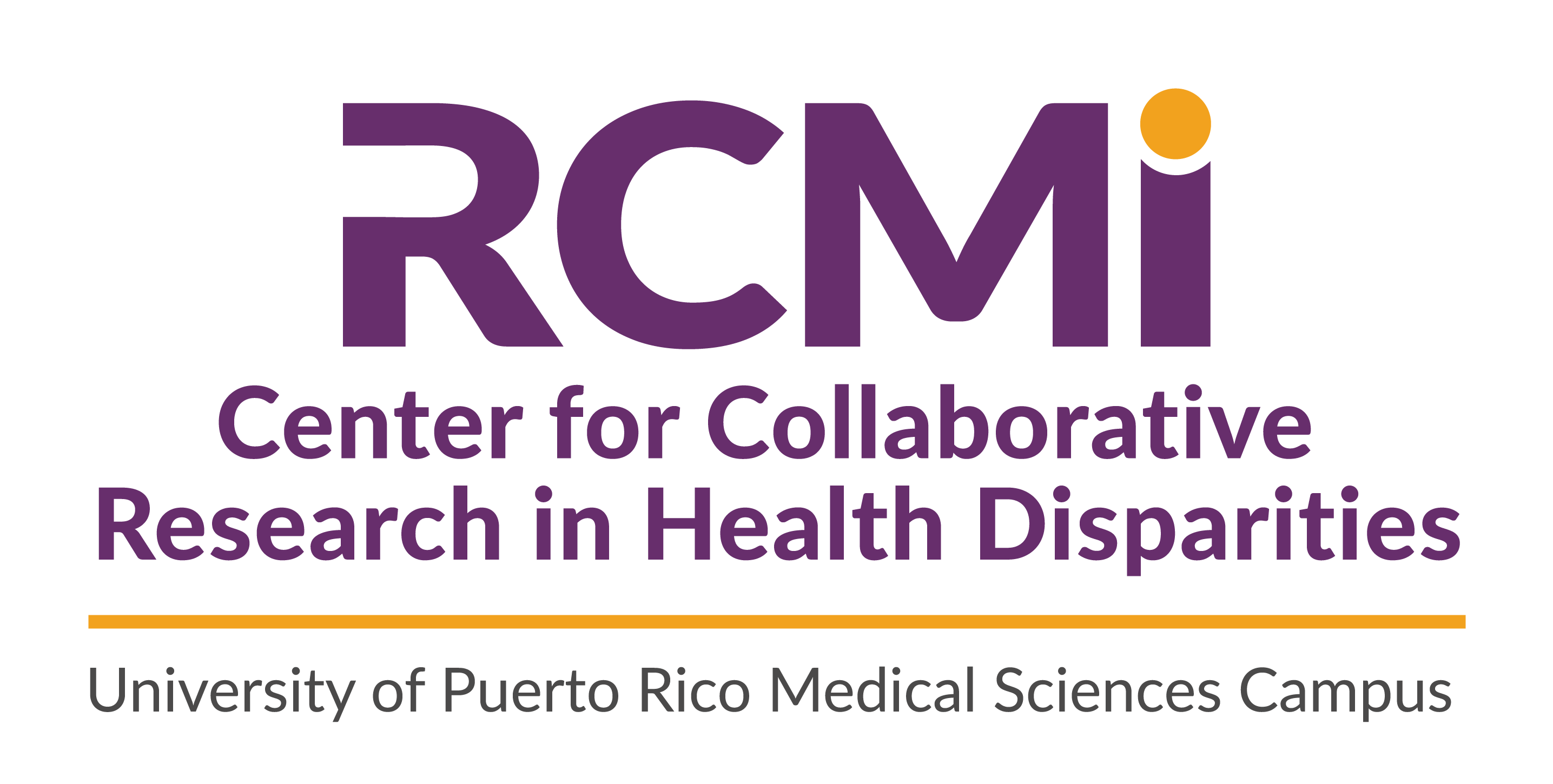
Principal Investigator: Dr. Souhail Malavé
About the project:
PROJECT SUMMARY: Pre-Exposure Prophylaxis (PrEP) is up to 99% effective in reducing the risk of HIV through sexual exposure. Studies in high-prevalence settings have found a significant association between PrEP uptake and a decline in HIV incidence. In the U.S., men who have sex with men (MSM) have high HIV prevalence rates. However, PrEP awareness and uptake are significantly less compared with White MSM. Puerto Rico has one of the highest HIV rates and the lowest PrEP uptake in the U.S. To have an impact on the HIV epidemic, priority groups for the Ending the HIV Epidemic Initiative including MSM, need to have access to PrEP. Behavioral interventions can improve PrEP uptake among MSM, but we still need to identify the best delivery method for implementing interventions to enhance PrEP uptake. After the COVID-19 pandemic, increased use of online tools might impact interventions delivery for health outcomes. Given the HIV incidence among MSM and the health disparities that hinder HIV prevention efforts for this population, adequate PrEP uptake is fundamental to end the HIV epidemic in Puerto Rico. There is an urgent need to optimize PrEP to prevent new HIV transmissions. The proposed study employs Comparative Effectiveness Research approach and will be guided by the PrEP care continuum framework and the Consolidated Framework for Implementation Research (CFIR) to reduce challenges for PrEP uptake among MSM in Puerto Rico through the following specific aims: 1. Aim 1. To develop a motivational interviewing intervention, we refer to as "ConPrEP" to be tested for efficacy of PrEP uptake between face-to-face or online formats. MSM in Puerto Rico. Based on previous intervention research, we will develop the ‘ConPrEP’ intervention to increase PrEP uptake among MSM using two modalities: face-to-face and online. The development of the intervention will be guided by three previous interventions and employ Motivational Interviewing for behavior change, proven to improve HIV prevention and health outcomes. Aim 2. To assess and compare the effectiveness of the ‘ConPrEP’ intervention for each modality (face-to-face and online) on increasing PrEP uptake among MSM in Puerto Rico. We will employ a randomized control design to determine effectiveness and compare delivery modalities of the behavioral intervention. Outcomes between both modalities will be compared. The goal is to reduce new HIV infections by increasing PrEP uptake in a highly affected population. Research findings will help advance EHE efforts to optimize PrEP among MSM in a priority jurisdiction.



